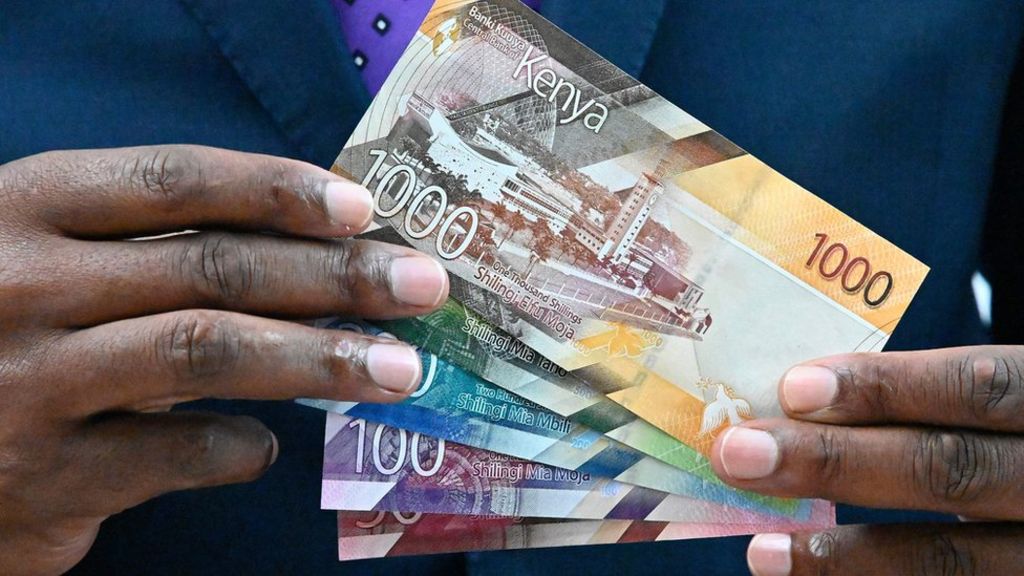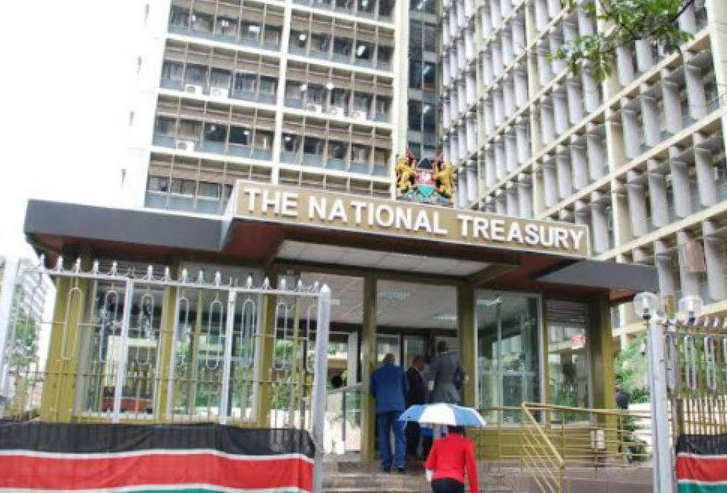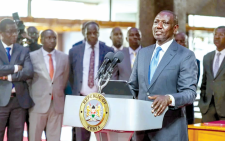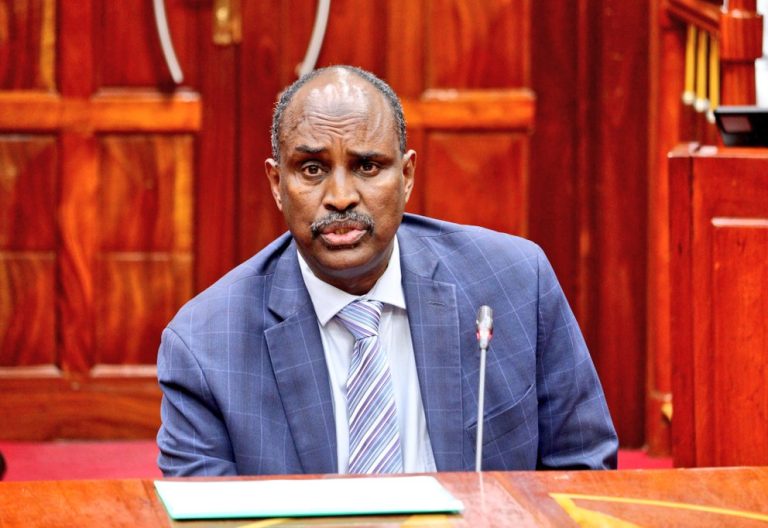Kenya’s financial secrecy exposed

By Steve Umidha
Kenya has been faulted as the region’s complicit country in helping individuals hide money from the rule of law, according to a new report from the Tax Justice Network (TJN).
According to the findings, the country’s influential institutions were aiding the high and mighty both in public and private sectors to siphon public funds and move ill-gotten money to offshore accounts with the help of western consulting firms.
“Kenya’s financial sector is highly secretive,” the Financial Secrecy Index released on Tuesday reads in part. The country scored 76 out of 100 in terms of secrecy, with the report confirming similar findings by the World Bank (WB).
The WB survey, which was released this week, says aid payments to the neediest countries appear to trigger money flows to offshore bank accounts, suggesting the funds are siphoned off from the nations they are meant to help and directed to tax havens in Switzerland, Luxembourg, Cayman Islands and Singapore.
The report by TJN further showed that though the country’s share of the offshore world was not large, it has increased since 2018 and could increase further as the government positions Nairobi as the latest African International Financial Centre.
Disgraceful ranking
Kenya now holds one of the top spot in the region with financial secrecy jumping by 24 per cent. Only Angola and Nigeria beat Kenya in the disgraceful ranking.
FSI ranks each country based on how intensely its legal and financial system allows wealthy individuals to hide and launder money extracted from around the world.
The index ranks countries on a scale from 1 to 100. Zero means full transparency, while 100 means cloaked in secrecy. The score is combined with the volume of financial activity carried out by non-residents.
A higher rank on the index does not necessarily mean a jurisdiction is more secretive, but rather it enables secretive banking, anonymous shell companies or real estate ownership which in turn enables money laundering, tax evasion and substantial offshore concentrations of untaxed wealth.
In 2019, the Mauritius leaks revealed that DAC Aviation International, a UN Contractor, had been engaging in tax avoidance.
Despite efforts by activists to have the Kenya-Mauritius double taxation agreement suspended, the executive arm of government opted to sign another agreement.
The Kenyan government in March 2019, however, lost its attempt to keep a tax agreement it signed with Mauritius nearly eight years ago after a High Court ruling by Justice W Korir declared void and unconstitutional the Double Tax Avoidance Agreement (DTAA) the two countries signed in May 2012, which brought to an end a 5-year old suit whose petitioner maintained its consequences were dire on the ordinary mwananchi.












